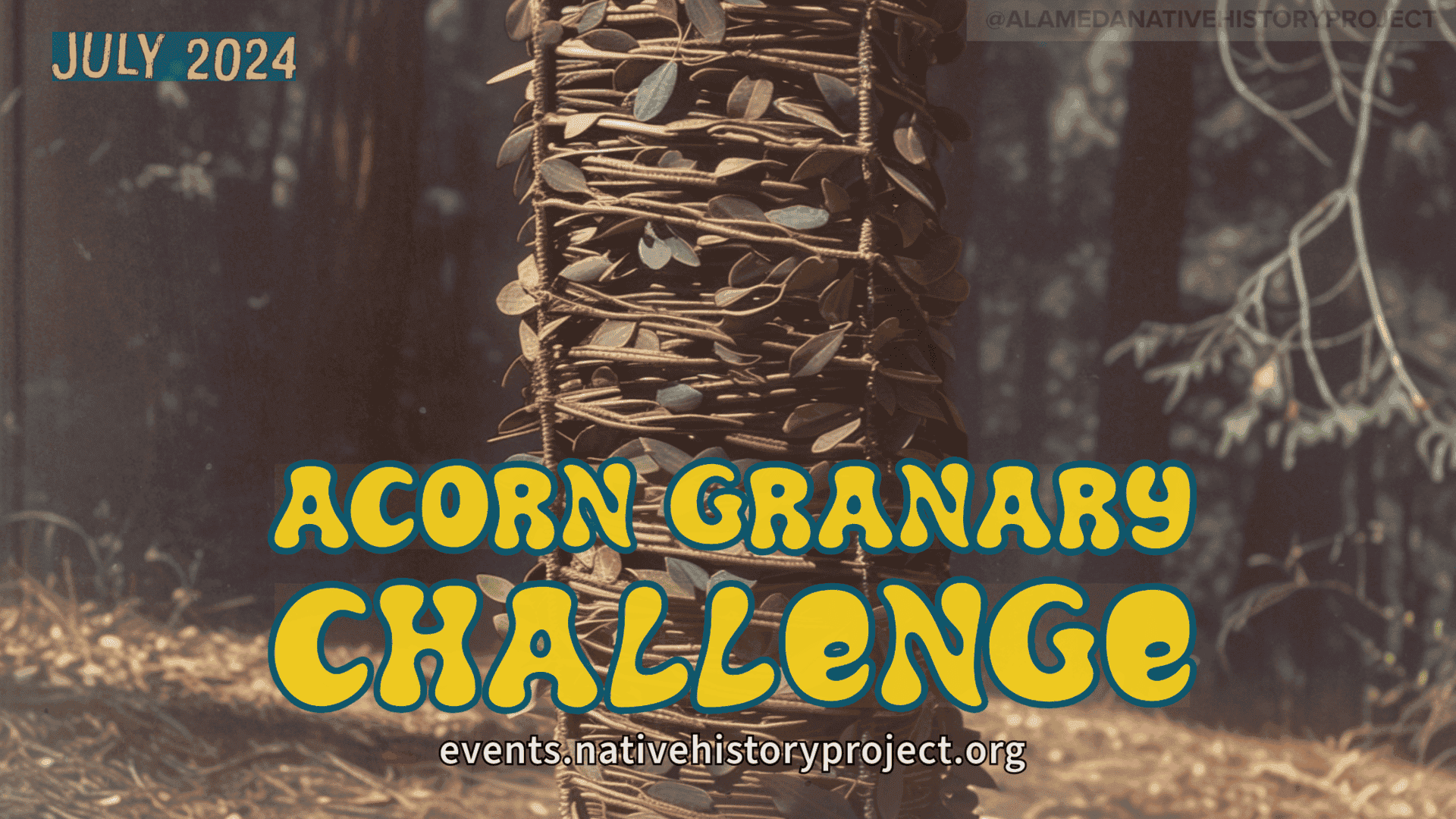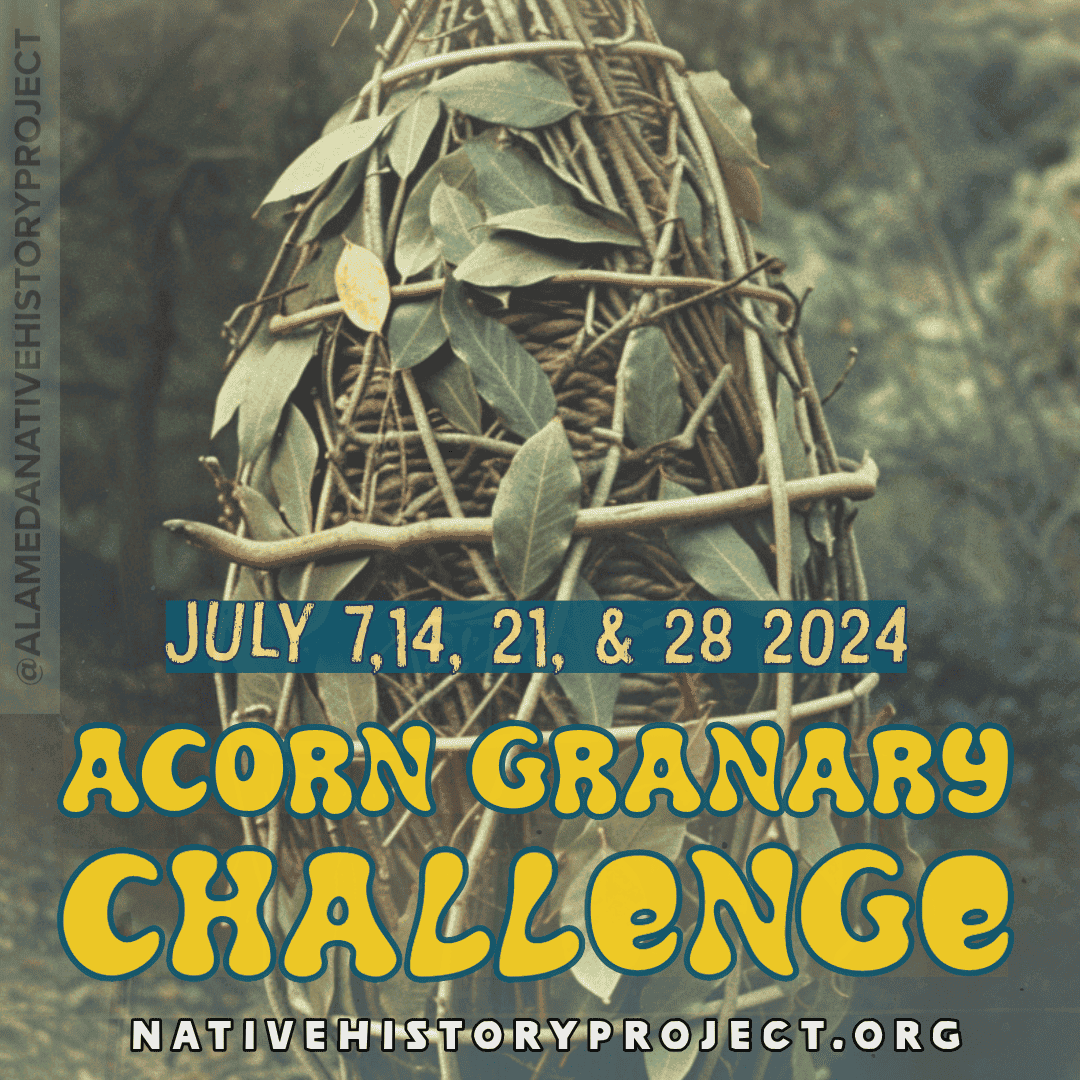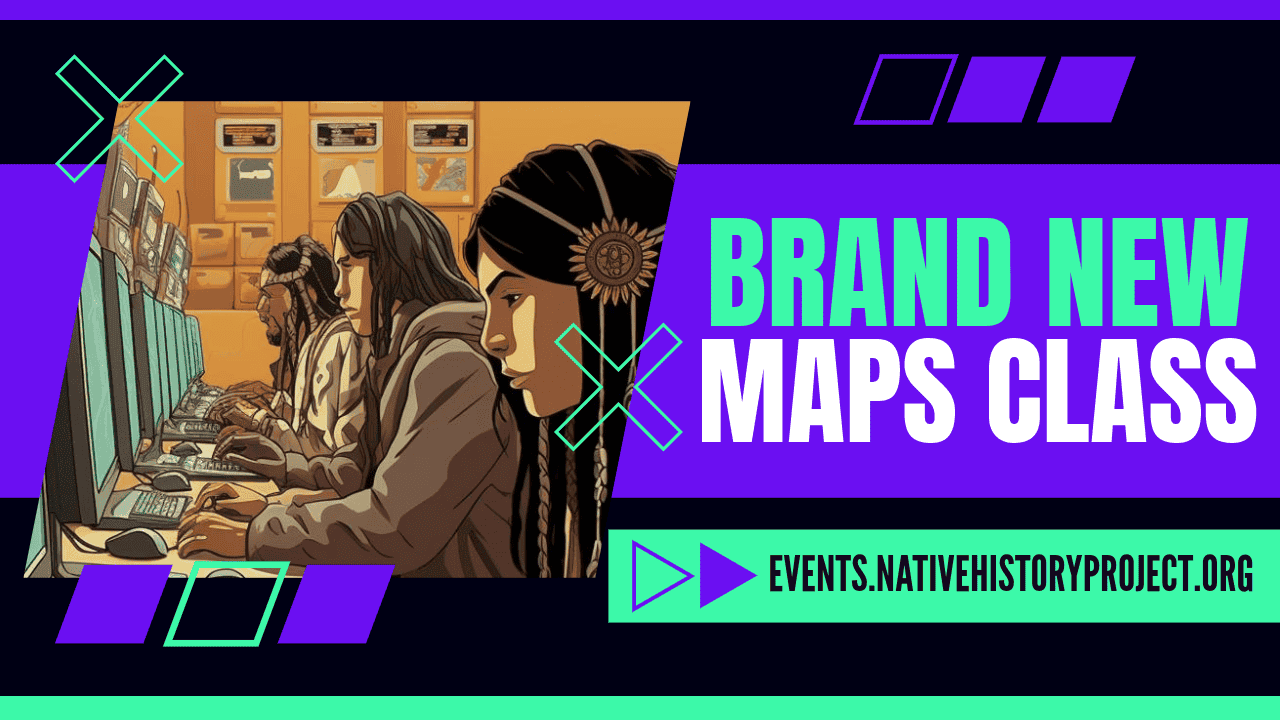Something powerful is happening this August.
We’re reconnecting with land, deepening relationships, and bringing more people into that process. The Alameda Native History Project is expanding its reach, partnering with libraries and organizations across Alameda, Contra Costa, and Santa Clara counties to support land-based learning and reopen Indigenous foodways that have been silenced, but never lost.
If you would like to partner with us, please take a minute to read and understand the Working With Us page before reaching out.
We are excited to be working with all of our new partners around the San Francisco Bay Area. And we look forward to announcing more events as we get further in to the harvest season.
Library Partnerships That Build More Than Granaries
This month, we’re collaborating with the Alameda County Library on two public events that center Indigenous knowledge and invite families, elders, and young people into relationship with the land.

On August 9, we’ll be at Centerville Library for the Acorn Mini Festival, a family-friendly gathering that includes crafts, games, and granary building. Participants will learn about acorns and oak trees while engaging in activities that reflect generations of care and connection. Acorns are the most important food stock for California Indigenous people. They’re a gift from the oaks, and they feed the land, the animals, and us.

Then on August 27, we’ll be at San Lorenzo Library to lead a hands-on Acorn Granary Workshop, where participants will help construct a traditional storage structure. These granaries are part of a food system that sustained Indigenous people through the winter and protected what the land had given. We’ll also share about harvesting practices, oak identification, and what it means to be part of this cycle today. A follow-up acorn processing workshop will take place in the fall.
Public institutions have a responsibility to support cultural visibility. These library partnerships are an example of what it looks like when that responsibility is taken seriously.
Willow Harvests
This work is grounded in Traditional Ecological Knowledge. Every willow reed we gather, every acorn we collect, comes from a relationship. These aren’t activities designed for show. They’re teachings that carry responsibilities.

On August 7, we’ll hold an invitation-only Willow Harvest at the Indigenous Land Lab, a protected area with no cell service, no pavement, and no spectators. Everything we bring in, we carry. Everything we take, we give back for. This harvest is about learning through presence and care, not documentation.
Use the Volunteer Signup Form and check the box for “Indigenous Land Lab” to get early and exclusive invites to events like the Willow Harvest, Pine Bough Gathering, Berry Picking, or More.

On August 24, we’ll host a public Willow Harvest for people who are ready to engage with seasonal cycles and learn the protocols that come with them. These reeds will be used to build future granaries.
Acorn Harvest Training

We’re holding an Acorn Harvest Training on August 17 in Alameda. We’ll cover identification of red and white oak species, how to read the land for timing, and how to harvest without harm. We teach what the Honorable Harvest requires: you take only what’s given. You use everything you take. You care for what feeds you. You give back.
This isn’t a curriculum. It’s how we live.
Why This Matters
This isn’t about reviving lost traditions. It’s about repairing relationships that were interrupted. And healing ourselves.
Reopening Indigenous foodways means returning to ways of being that are grounded in reciprocity, intention, and care. Returning to wellbeing by turning away from over-processed sugars and engineered fats that our bodies were not intended to eat, and which do not fulfill our most basic nutritional needs.
The work is Indigenously-led and Tribally-aligned. It’s built to last, shaped by those who hold cultural memory and who live in relationship with the land. It’s not a trend. It’s a commitment.
And we are inviting you to join us in these once-in-a-lifetime opportunities to take part in traditional California Indigenous activities in a respectful and appropriate way, while providing a tangible tribal benefit to the Muwekma Ohlone Tribe of the San Francisco Bay Area.
How to Get Involved
We’ve launched a new sign-up form to help grow our regional network of volunteers and supporters. If you’ve attended a past event or want to be invited to upcoming harvests, teachings, and builds, we invite you to sign up and stay connected.

How to Support Us
Alameda Native History Project is a fiscally sponsored organization. All donations are tax deductible.
Your donation will help us reopen Indigenous foodways, and produce culturally relevant, nutritious, traditional food–at scale–for the first time in over 300 years.
Where your funds go:
- Safety Equipment & Supplies
We provide a safe platform to reopen Indigenous foodways- Heat Safety
- First Aid
- Shade Structures
- Volunteer Care
Essentials for Outdoor Work, honestly viewed as another part of “Safety”- Hydration (Water + Electrolytes)
- Protein Bars and Energy Chews
- Rest area supplies (Folding chairs, Cooling towels)
- Tools & Equipment
- Wood acorn tenders
- Food-safe buckets and containers
- Cold-leach and drying setup
We also accept in-kind donations of goods and materials. Please reach out to us at give@nativehistoryproject.org .





